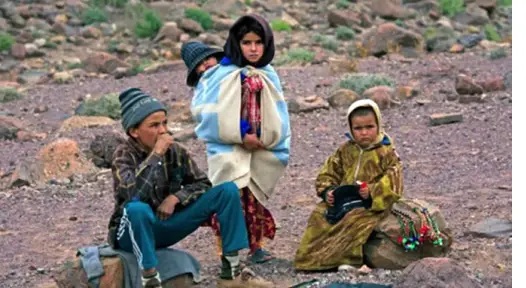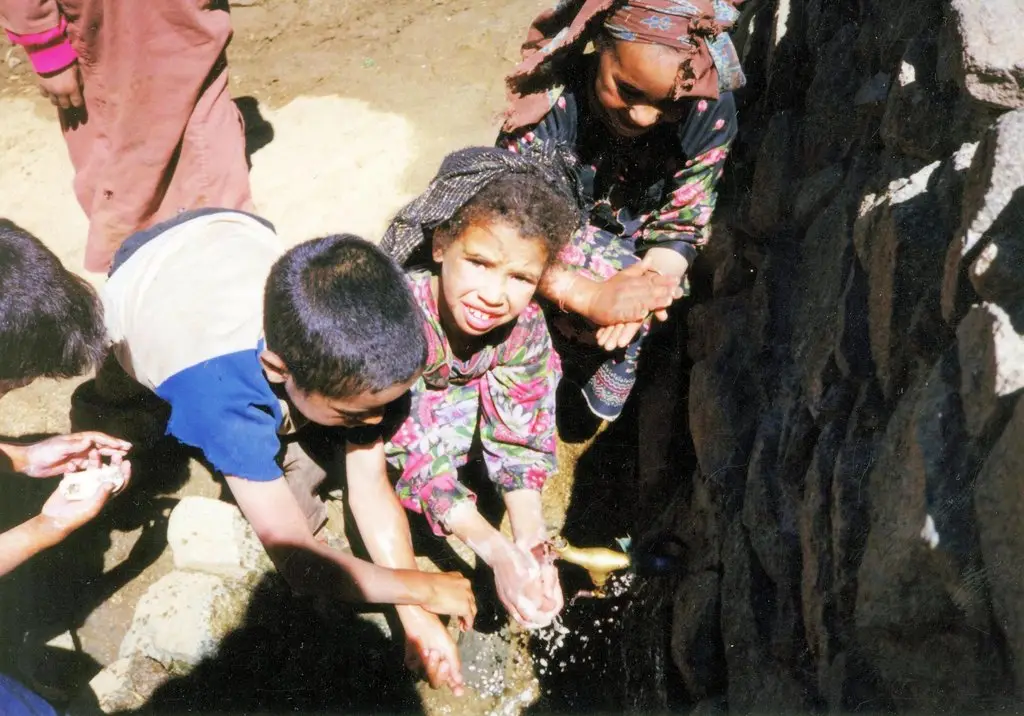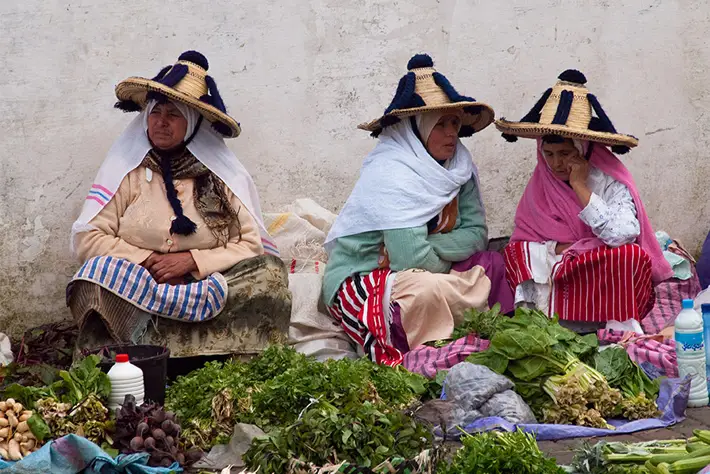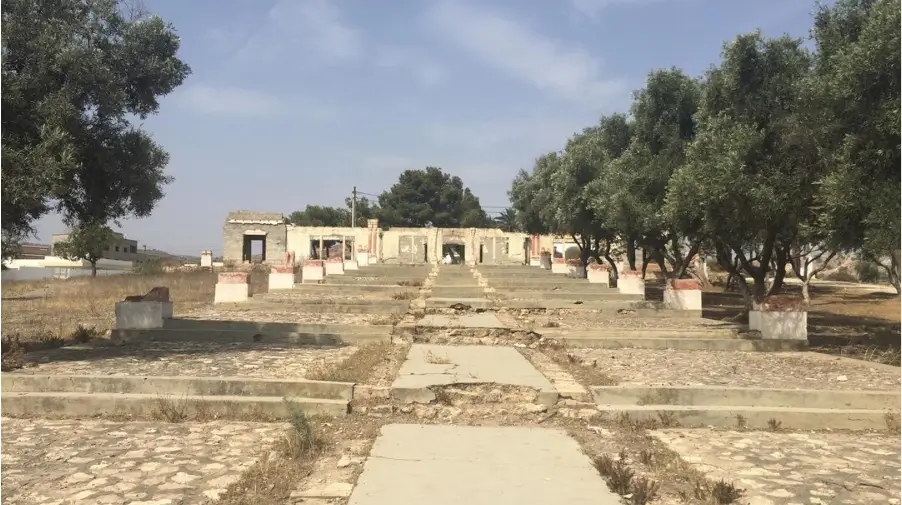Established in 2025, the Rif Development Foundation was born from a vision to see the Rif region grow, thrive, and stand strong on its own feet. We believe in the power of community, the richness of our culture, and the resilience of our people.
Our mission is to create opportunities that build self-reliance, dignity, and sustainable development across the Rif. From education projects that give children the tools to learn, to mobile medical points that bring healthcare to remote villages, to cultural initiatives that preserve our proud history, every step we take is guided by love for the Rif and its people.
We work hand-in-hand with local communities to design solutions that last. Rather than short-term fixes, our focus is on building strong foundations:

Healthcare and Well-being
Healthcare in the Rif is often defined by distance, distance from clinics, from doctors, from basic medical supplies. Many communities are hours away from the nearest health center, and even then, medicine and equipment may be in short supply. For expectant mothers, people with chronic illnesses, or those with disabilities, this lack of access can be life-threatening. We believe health is a human right. Through mobile clinics, medical supply donations, increase the ambulance fleet and partnerships with local health workers, we aim to bring healthcare closer to the people who need it most. We also support health awareness campaigns, focusing on hygiene, maternal care, nutrition, and mental well-being. By building healthier communities, we lay the foundation for long-term growth and resilience.

Education and School Support
In many parts of the Rif, children walk long distances to reach schools that are underfunded, understaffed, and under-equipped. Classrooms lack basic materials, and some schools function without heating, books, or even desks. Education is the key to breaking the cycle of poverty, and yet for many children in the Rif, access to quality learning remains a daily struggle. Our foundation is committed to creating better educational environments where every child has the opportunity to thrive. We provide school supplies, furniture, and digital learning tools, and support local schools through community involvement. We also focus on supporting families with transportation costs, school uniforms, and after-school learning programs, particularly in isolated villages. Our goal is not just access to education, but access to meaningful, high-quality education that opens doors to a better future.

Poverty Alleviation and Social Aid
Poverty in the Rif is not just economic, it is social, structural, and often invisible to the outside world. Families struggle to meet basic needs: food, clothing, shelter. Children go to school hungry, elders go without medication, and seasonal work remains unstable and low-paying. In the winter, when temperatures drop in the mountains, vulnerable families face life-threatening cold without proper heating or insulation. We offer targeted aid to the most vulnerable: food parcels, clothing drives, and winter relief packages. We assist single mothers, orphans, and families with no income sources. But more than charity, we focus on dignified support, ensuring that people feel seen, heard, and respected. Our social aid programs are designed not only to meet urgent needs, but to connect recipients with broader opportunities for long-term improvement.

Infrastructure and Basic Services
Basic infrastructure is not a luxury, it is a lifeline. In many Rif villages, there is no running water, no reliable electricity, no safe roads. A lack of sanitation leads to disease, while the absence of transportation cuts families off from markets, schools, and hospitals. The distance between “survival” and “dignity” is often measured in kilometers of unpaved road or hours of walking to fetch clean water. Our foundation supports practical, community-led infrastructure projects that meet real local needs. We help install solar panels in villages without electricity, build wells for clean drinking water, and improve sanitation facilities. We support local efforts to repair roads and create footpaths between communities. These projects are not only essential for daily life, but they also create jobs, build skills, and foster a deeper sense of community ownership and pride.

Self-Reliance and Local Economy
While emergency aid is sometimes necessary, our vision is built on long-term self-reliance. The people of the Rif are incredibly resourceful artisans, farmers, builders, guides, and healers but they often lack access to markets, tools, or training to grow their potential into sustainable income. We invest in skills development and small business support. We help women start cooperatives producing local goods like soap, textiles, or natural products. We promote eco-tourism that respects the environment and creates jobs in guiding, hospitality, and cultural exchange. We also provide vocational training for youth in areas like agriculture, construction, and digital literacy. Our focus is on economic dignity empowering people to create and control their own livelihoods.

Cultural Heritage and Monument Preservation
The Rif is not only a place of natural beauty, it is a region of deep cultural richness, shaped by centuries of Amazigh tradition, oral history, architecture, and resistance. Yet much of this cultural heritage is at risk: historical sites are crumbling, stories are being forgotten, and younger generations are growing up without a connection to their roots. We are committed to preserving and celebrating the identity of the Rif. Our projects support the restoration of historic buildings and sacred sites, the documentation of oral traditions and local customs, and the education of youth about their cultural roots. We aim to protect what is unique about this region, not just for its people, but for the world. Culture is not a relic of the past; it is a resource for the future.
